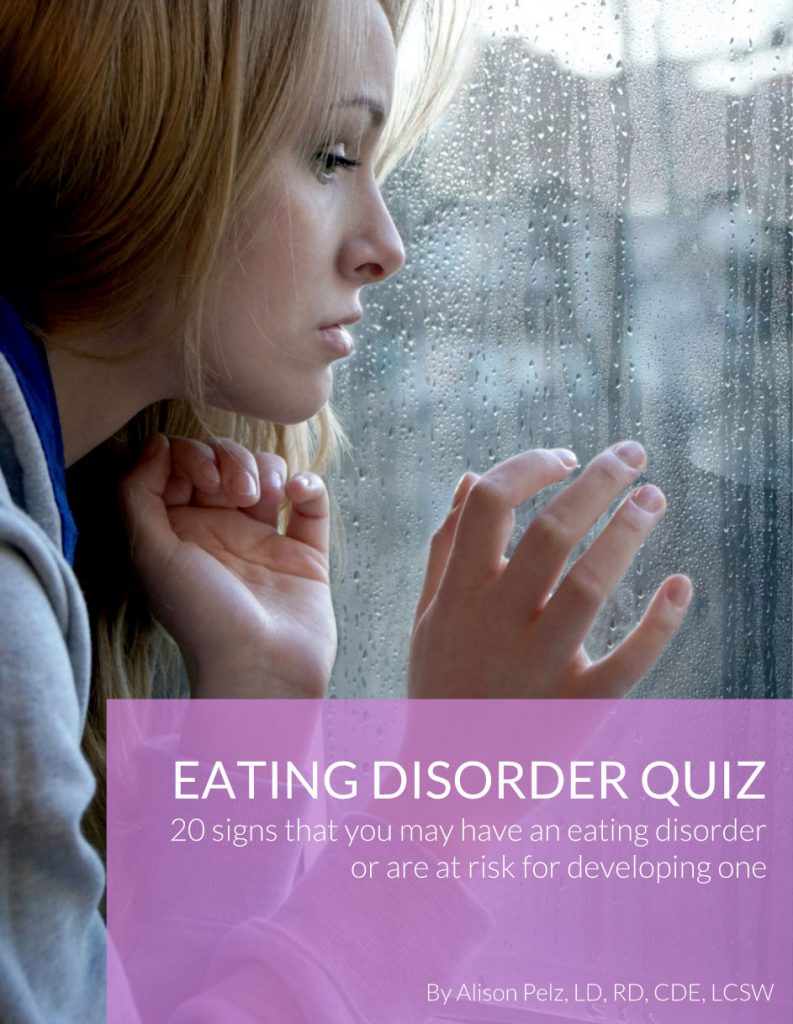Individual Therapy Services in Austin, TX
Helping You Feel Better
Psychotherapy or talk therapy is a process during which a person (client) seeks consultation from a trained professional (psychotherapist) to help with personal growth, behavior change, relationship or family problems, depression, excessive worry, stress, etc. I offer individual psychotherapy services to children, teens and adults.
Areas of Specialty:
1. Anorexia Nervosa or Bulimia Nervosa. Eating disorders can significantly reduce the quality of the suffer's life. Often people with eating disorders feel stuck, out of control, shame and have feelings of low self-worth. I work with clients to help identify underlying causes of their eating disorder and help identify new ways to cope with life.
2. Binge Eating Disorder. Binge Eating Disorder is the most common eating disorder in the United States. It is characterized by recurrent episodes of binge eating (eating large amount of food in a rapid manner), feeling out of control around food and regularly feeling shame, guilt and failure after eating. I work with clients to help identify the underlying purpose and cause of their eating disorder and help them break-free of eating patterns and identify new ways to cope with life.
3. Avoidant/Restrictive Food Intake Disorder [ARFID]: Individuals with [ARFID] struggle to eat enough and/or lack a variety of foods eaten to meet their nutritional needs. For some, this can mean inadequate growth, malnutrition, and impairment at work/school and social life due to difficulty in eating. People of all ages can struggle with ARFID–children, teens and adults. ARFID differs from other types of eating disorders such as Anorexia Nervosa and others, as the person struggling with ARFID does not experience body image disturbance or have a drive for thinness.
4. Rumination Syndrome. Rumination Syndrome is a condition where an individual can regurgitate or bring up food from their stomach. The food is either spit out or re-swallowed. Rumination Syndrome can significantly impact quality of life and health status.
5. Caregivers (parents, spouses, partners) of those with eating disorders. Loved ones of those with eating disorders often feel at a loss about how to help their loved one. I work with caregivers to educate them about their loved ones disorder, provide practical tips on how to support their loved one in recovery and how to prevent caregiver burnout.
6. Diabetes. Whether you have had diabetes most of your life or are newly diagnosed with diabetes, like any chronic condition, diabetes can be overwhelming to manage. I help those with diabetes learn to cope with their diabetes in order to reduce burn-out.
7. Depression/Anxiety. Depression and anxiety are some of the most common mental health conditions. Left untreated they can significantly reduce the quality of life and functioning-interfering with relationships and intimacy, job satisfaction and self-esteem. I work with clients to help them identify and change thought patterns that keeps them stuck in their depression or anxiety.

How Do You Know If You Have An Eating Disorder?
Take the free Eating Disorder Quiz to find out if you have an eating disorder or if you're at risk for developing one. Plus get on my email list where I'll send you insights on topics like common eating disorder myths, how to break up with dieting, and how to start liking your body.